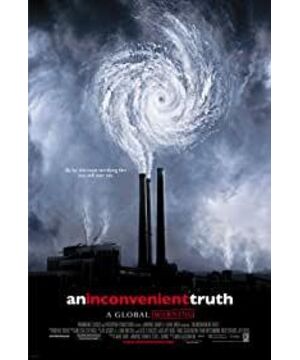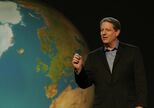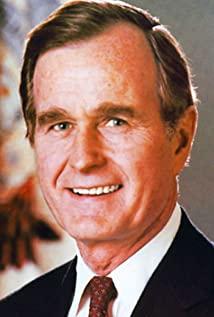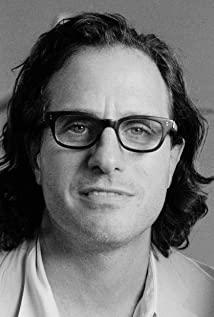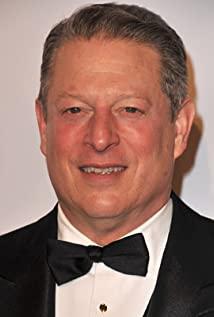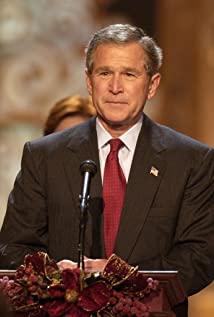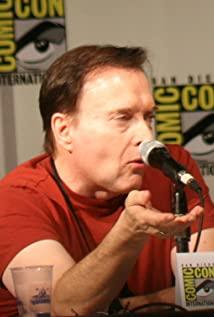* Organization:
Two lines are interspersed, the main line is a clear structure, and the secondary line is Gore's monologue, he shares his life: how he grew up on a natural farm; The turning point is the gradual attention to environmental protection from the experience of Congress; his loss and calmness are only one step away from the presidency.
He was rarely excited, but he always gave it his all.
What effect of global warming?
Synchronization of CO2 and temperature rise, Earth is a non-linear system, there may be sudden changes in
glacier melting - oceans lose their shields, floods spread,
ocean temperatures rise sharply - frequent hurricanes,
ocean currents stall may allow Europe to enter again During the ice age, the melting of the North and
South poles - the melting of Greenland has greatly reduced the land area, and the Netherlands and Manhattan may sink. .
Why?
3 factors:
Population surge: 5 billion to 9 billion in 50 years - 10,000
Technology: New technology is the only way out
how to solve that
3 misconceptions
1) The scientific community is controversial about the consequences of global warming
- survey shows no, the controversy was created deliebarately, for commercial interests to confuse the public
. 2) There must be a trade off between money and the environment
- he used comics to give us choices very vividly. What if we want money and lose the environment? Then the example of the global auto industry "win-win" is the way to survive - Toyota vs. Ford.
3) There is nothing we can do
- This is the value level. The situation is so urgent and the reality is so frustrating that our efforts are insignificant. Are you complaining? Doubt what we do is worthless? Gore calmly told us not to give up, he has given more than a thousand speeches, he has traveled all over the world, and he believes that his mission is to spread. He practiced the unity of knowledge and action.
At the macro level, Gore compared the different attitudes of the United States, Japan, and EU countries in the Kyoto Agreement, and implicitly criticized the arrogance of the United States; he also listed various achievements of the United States since its establishment: realizing democracy, overthrowing slaves, women Equal rights, eradicate communism, go to the moon. . All kinds of misssion impossible, inspire everyone here to work together at the micro
level, and the end of the credits lists what we can as individuals
* Afterwards, I will pretend to imitate some's attitude easily: it's naturl, so what? The buffered emotions also make us think. This is different from Rice's fiery counterattack. Gore's style is humble and contemplative. 3) After the only speech that excited Tsinghua, a girl asked him what we can do? The scholarly demeanor suddenly became emotional: to distinguish between misleading and truth. . I think that's the highlight of the film. Global warming is a problem with multiple causes, rapid changes, and catastrophic consequences. However, there are many stakeholders and different opinions, and it is difficult to form a joint force . * Perception This is the first time that Gore's speech is close. RUBIN describes him as an introspective and wise scholar , indeed. I also fell in love with his restrained humor. He is exactly the gentleman who is gentle and beautiful as described by Confucius.
View more about An Inconvenient Truth reviews


